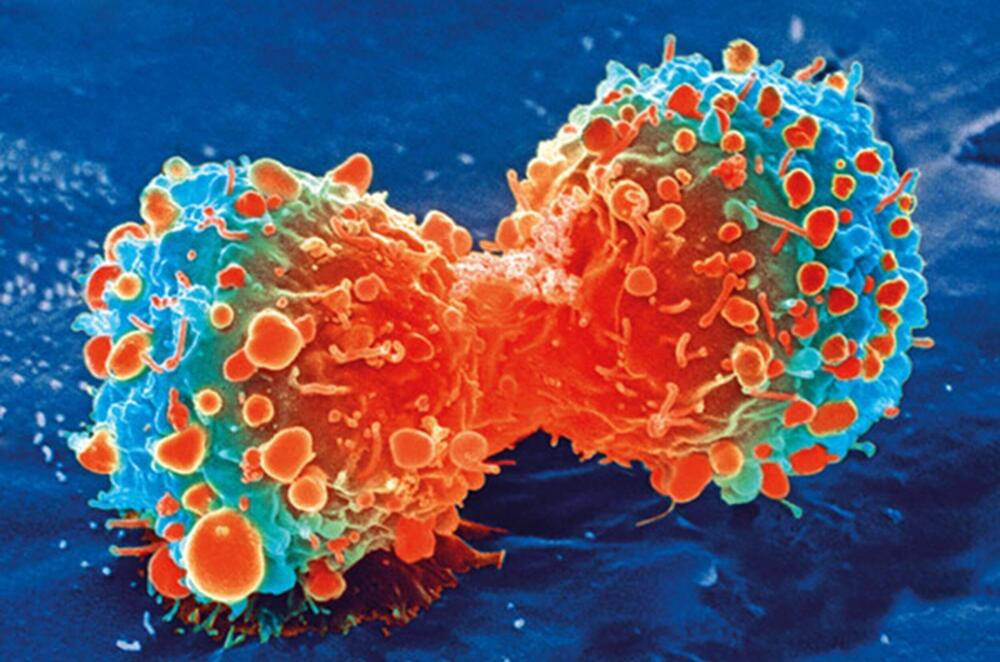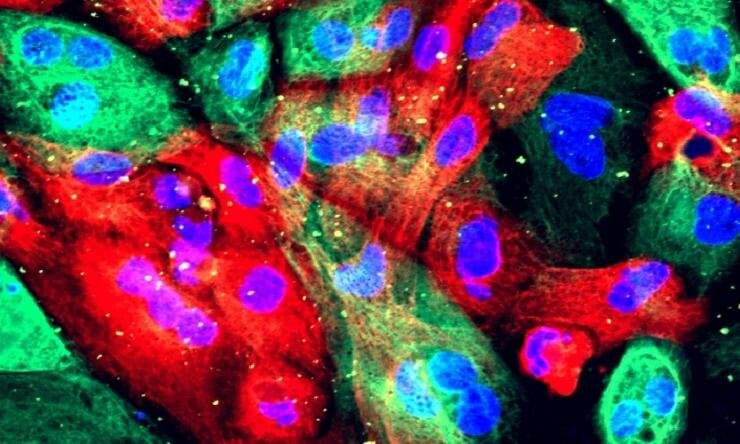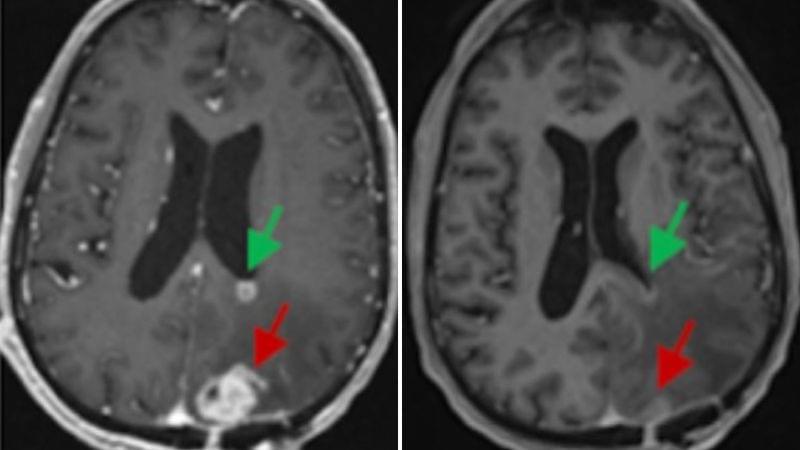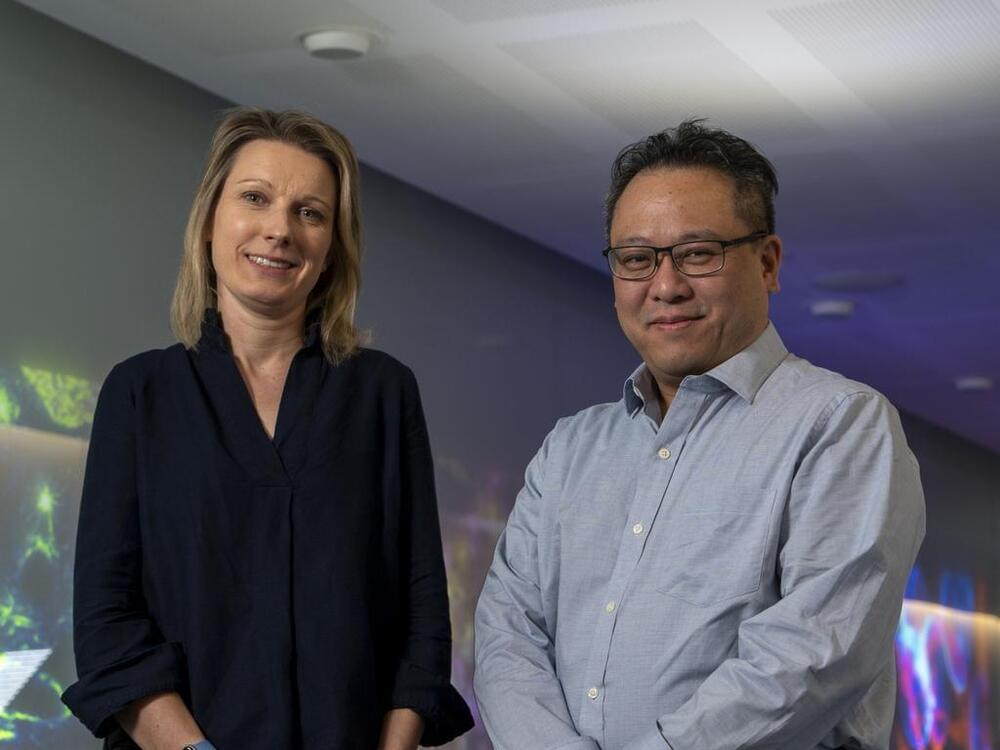China is trusting AI system for high-speed railway operations capable of accurately predicting faults and issuing warnings ahead of problems.



“Devin,” the world’s first-ever AI software developer, is set to rock the software developer industry forever:
Meet ‘Devin,’ the world’s first-ever AI software engineer which is set to change the industry forever. Are you excited or scared yet?

A study led by Daniel Spratt, M.D., Vincent K. Smith Chair in Radiation Oncology at University Hospitals Seidman Cancer Center demonstrates the safety and efficacy of a novel oral hormone therapy, relugolix, in conjunction with radiation therapy for treating men with localized and advanced prostate cancer. This work is published in JAMA Oncology.

Only 3% to 5% of people who are diagnosed with this type of brain tumor will be alive three years later. On average, patients live about 14 months after diagnosis.
Now, an experimental therapy that reprograms a person’s own immune cells to attack these tumors is showing some exciting promise.
Three studies published within the past week have reported dramatic results with a therapy called CAR-T delivered directly to the brain. In some cases, tumors have seemingly melted away on brain scans by the next day.


A study of more than 21,000 average risk patients at 186 sites across the U.S., led by Regenstrief Institute and Indiana University School of Medicine research scientist Thomas Imperiale, M.D., has found that the next-generation multi-target stool DNA colorectal cancer screening test detects 94% of colorectal cancers. This test has the best performance for detection of both colorectal cancer and advanced precancerous polyps of any noninvasive colorectal cancer screening test.
The study results are published in the New England Journal of Medicine.
“We found that the next-generation stool DNA test had a good balance of sensitivity—detecting disease—and specificity—low false positive results. Compared to the fecal immunochemical test (FIT), the next gen test had superior sensitivity for both colorectal cancer and advanced pre-cancerous polys, especially the subgroup of advanced polyps containing high grade dysplasia,” said Dr. Imperiale, first author of the study.


Anthropic releases Claude 3 Haiku Claude 3 Haiku is three times faster than its peers for the vast majority of workloads, processing 21K tokens (~30 pages) per second for prompts under 32K tokens.
Anthropic releases Claude 3 Haiku.
Claude 3 Haiku is three times faster than its peers for the vast majority of workloads, processing 21K tokens (~30 pages) per second for prompts under 32K tokens.
Anthropic is an AI safety and research company that’s working to build reliable, interpretable, and steerable AI systems.

A blood test for colon cancer performed well in a study published Wednesday, offering a new kind of screening for a leading cause of cancer deaths.
The test looks for DNA fragments shed by tumor cells and precancerous growths. It’s already for sale in the U.S. for $895, but has not been approved by the Food and Drug Administration and most insurers do not cover it. The maker of the test, Guardant Health, anticipates an FDA decision this year.
In the study, the test caught 83% of the cancers but very few of the precancerous growths found by colonoscopy, the gold standard for colon cancer screening. Besides spotting tumors, colonoscopies can prevent the disease by removing precancerous growths called polyps.